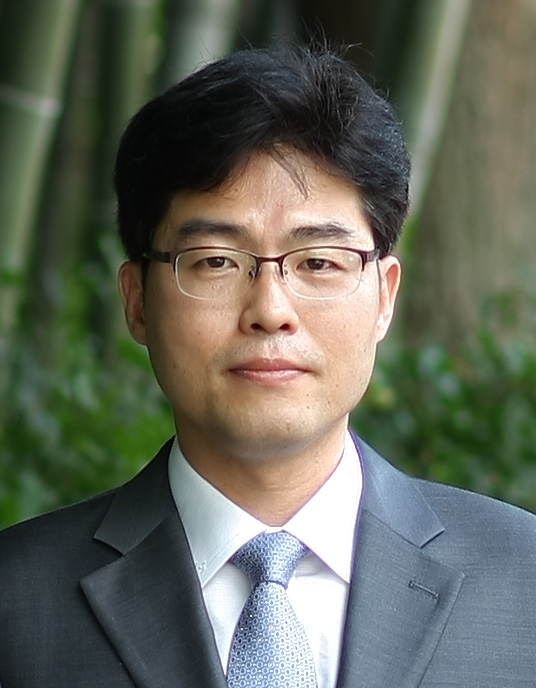
- POSITION
- Professor
- TEL
- 82-51-510-2816
- MAJOR
- Molecular Toxicology
- youngjung@pusan.ac.kr
- HOMEPAGE
- -
- OFFICE
- Room 701
The first main research x-x-objective in Dr.Jung's laboratory is to find the pharmacological target of the liver disease via identifying metabolic networks using molecular/cellular biology as well as metabolomics. Specifically, Dr.Jung is interested in the metabolism of sulfur-containing substances which have critical roles in progression of liver injury, hepatocyte growth, apoptosis, inflammation, and antioxidant defense.
Another main research interest is to unveil the molecular and cellular mechanisms by which proteolytic and growth factor signaling networks contribute to tumor progression. Dr.Jung's recent study identified the pleiotropic activities of tissue inhibitor of metalloproteinase (TIMP)-1 which are involved in the resistance to apoptosis, epithelial-mesenchymal transition (EMT), and glycolysis-dependent energy metabolism during cancer progression.
Selected Publications
- Alleviation of alcoholic liver injury by betaine involves an enhancement of antioxidant defense via regulation of sulfur amino acid metabolism. Food Chem Toxicol 2013 Aug (in press).
- Significance of alterations in the metabolomics of sulfur-containing amino acids during liver regeneration. Biochemie 2013;95(2):1605-1610.
- Assesment of drug-drug interactions caused by metabolism-dependent cytochrome P450 inhibition. Chem Biol Interact 2012;198(1-2):49-56.
- Cediranib inhibits both the intraosseous growth of PDGFD-positive prostate cancer cells and the associated bone reaction. Prostate 2012;72(12):1328-38.
- PTEN regulates PDGF ligand switch for β -PDGFR signaling in prostate cancer. Am J Pathol 2012;180(3):1017-1027.
-
TIMP-1 induces an EMT-like phenotypic conversion in MDCK cells independent of its MMP-inhibitory domain. PloS One 2012;7(6):e38773.